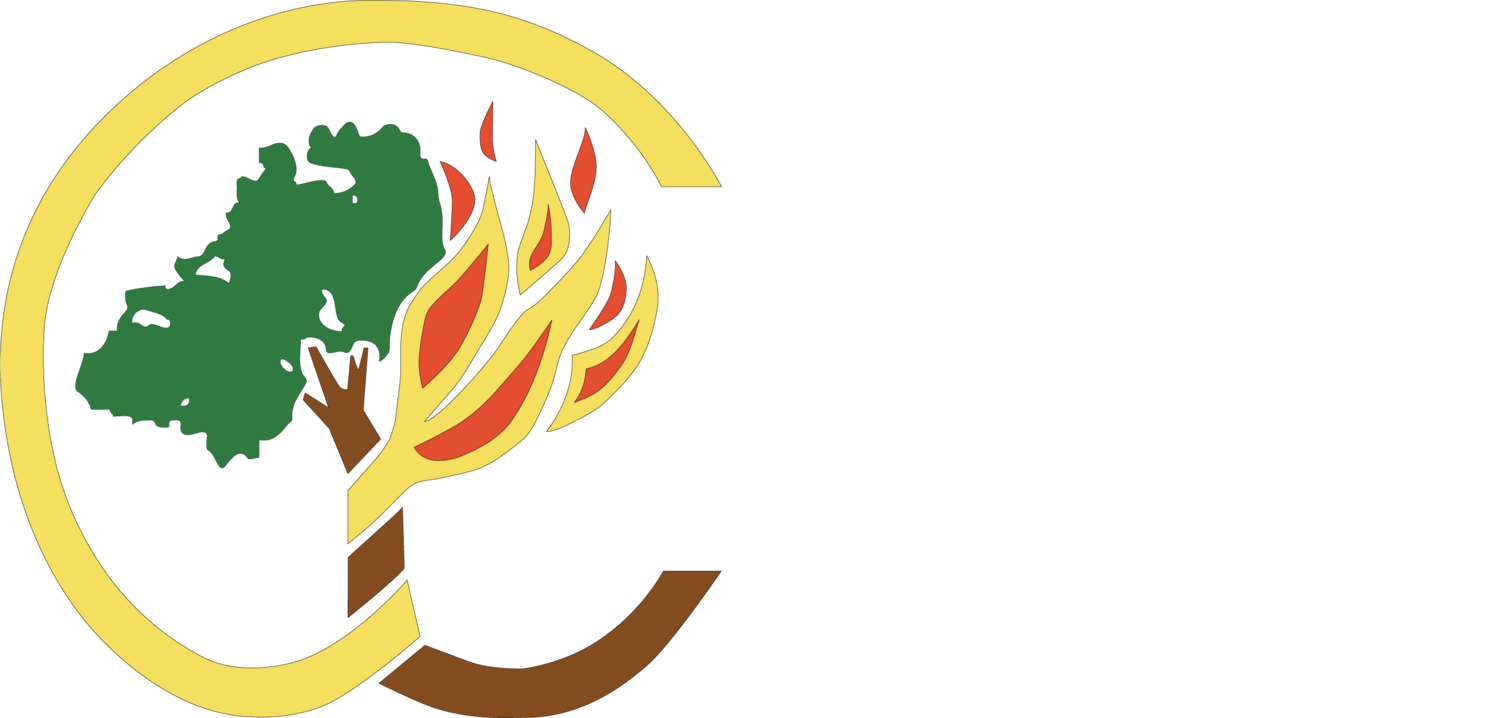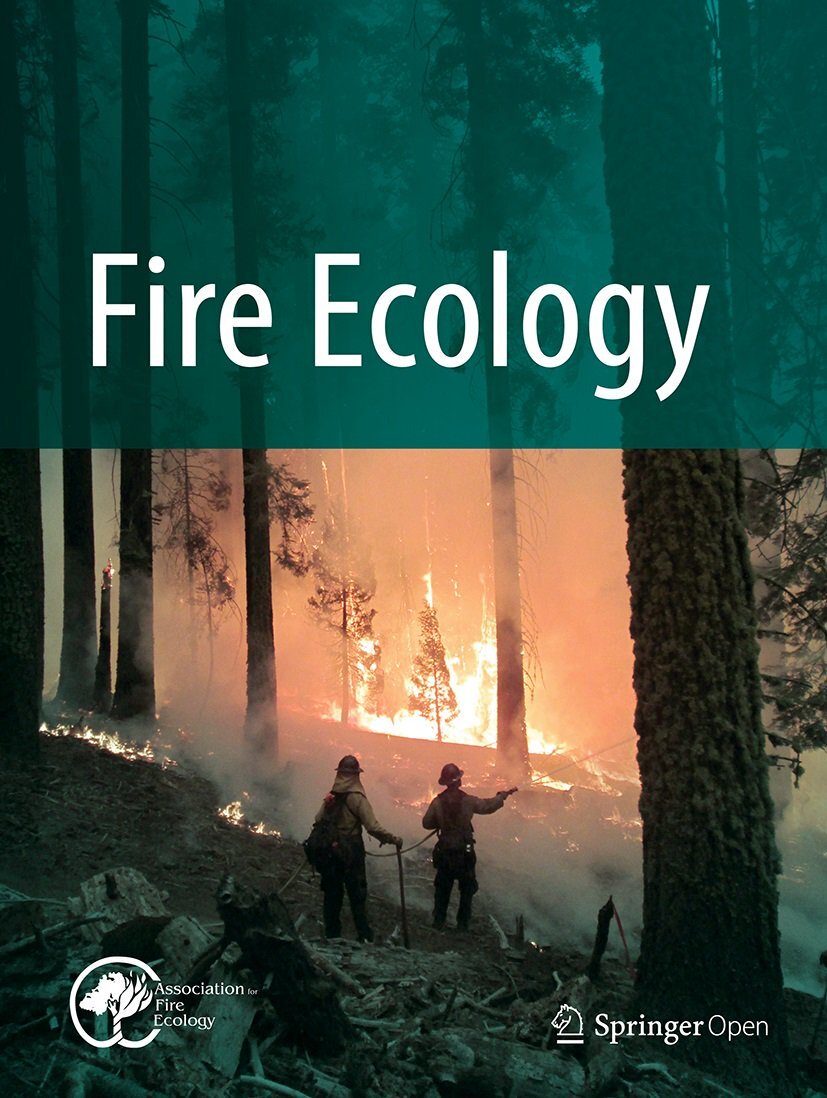A Tribute to Steve Arno
Written by Bob Keane
Another brilliant light in the field of fire ecology has dimmed. The 2004 winner of AFE’s Biswell Award for significant contributions to fire ecology and management in the western US, Steve Arno, passed on in June 2022 at his home in Missoula. It is difficult to put into words the influence that Steve Arno had on my life and on fire ecology. And best of all, he was a genuine person that truly cared about you as an individual and the plight of whitebark pine. His wit, wisdom, and creativity will be missed as we mourn his passing.
Steve’s professional life story is epic because it was both deep and wide. Steve attended Olympic Junior College until 1963 when he transferred to the Forestry Department at Washington State University, graduating in 1965. In the summers of 1963-65 he was a ranger and naturalist at Sequoia/Kings Canyon and Olympic National Parks. He earned his B.S. Degree in Forestry from the University of Washington in 1965, and his Ph.D. in Ecology from the University of Montana in 1970. After being laid off at a local lumber mill, he got a job with the US Forest Service that effectively started his career. He was a guiding force in the development of the Forest Habitat Type classification system for Montana, After that, Steve embarked on a 25-year career with the US Forest Service at the Missoula Fire Sciences Laboratory, conducting research in forest and fire ecology. The primary focus of his work was how the natural role of fire shaped and sustained the forests of Montana and the inland west. Steve was constantly experimenting on how to apply combinations of prescribed fire, thinning, and harvesting to promote sustainable forests, with particular focus on native forests of western larch, ponderosa pine, and of course, whitebark pine. His pioneering research on fire history significantly advanced knowledge of the role of fire in the Northern Rockies and his work in restoring fire-adapted ecosystems remains incredibly important to this day. He is most known for his groundbreaking work in the restoration and management of the fire-dominated ecosystems of the northern US Rocky Mountains, including larch, ponderosa pine, whitebark pine and Douglas-fir forests. Fire folks know that Steve did most of the original fire history work in the mountains of the US northern Rockies. Steve has authored more than 250 papers that span an incredibly diverse set of topics including fire ecology, forest dynamics, timberline ecology, and silviculture. Of these, he published over 100 peer-reviewed articles and 11 full length books. Steve has received countless awards and acknowledgements from organizations such as the Montana Tree Farm Program, the Montana Wood Products Association, and the Society of American Foresters, along with the AFE Biswell Award. All of this reflects his lifelong dedication, passion, and commitment to the forestry profession.
His private life was every bit as exciting as his professional life. He was born on October 1, 1943, to Siegfried and Grace Turner Arno. Steve was a naturalist from an early age and felt blessed in being able to live nearly all his life in or near the forest. From 1943 to 1950 his family lived on Bainbridge Island, Washington. In 1950 they moved across the water to Bremerton, where he graduated from West High School in 1961. He was raised in a forest setting and according to his mother’s diary loved hiking and spending time in the forest since he was two years old. At the age of five he began hauling large chunks of thick coastal Douglas-fir bark up a long catwalk from their beach on shores of Puget Sound for his mother’s favorite stove fuel. By age 11 he was capturing logs that had escaped from log booms using the family’s 11-foot motorboat. He quickly sawed them with a 6-foot crosscut and split them into firewood on the beach to prevent the log patrol from towing them away.
Steve’s lifetime passion for forestry manifest itself in the tree farm Steve and his late wife Bonnie created in 1971 outside of Florence MT. They spent the next 48 years managing the forest, hosting tours and sharing their experiences with the local community. Steve’s and Bonnie’s sons are proudly continuing the work on this family Tree Farm. Steve is survived by his two sons Matthew (Melissa) and Nathan (Sara), four grandchildren, and four great-grandchildren. Despite the multiple awards and honors relating to his contributions to the forestry community, in the end he was most proud of his children and grandchildren.






